Growing Tired, Anxious & Distracted - Be Balanced, Be Mindful, Be Present As co-principal investigator on this longitudinal research project it is my great fortune to be working with world-renowned colleagues from Harvard Medical School and School of Public Health (Dr. Michael Rich), the University of Alberta (Dr. Stanley Varhagen and Dr. Jason Daniels), and Boston Children’s Hospital (Dr. David Bickham). This collaborative initiative has been named Growing Up Digital (GUD) Alberta, and is attempting to to better understand the scope of physical, mental and social consequences of digital technologies in areas such as exercise, homework, identity formation, distraction, cognition, learning, nutrition, and sleep quality and quantity. Growing Up Digital (GUD) Alberta - Teacher/Principal Survey (2015) In December 2015, a stratified random sample of 3,600 teachers and principals from across Alberta were invited to participate in a GUD survey. This request resulted in over 2, 200 participants and generated a sample that is highly representative of Alberta’s teaching population and corresponds closely to the profession’s demographics. The purpose of this initial survey was to identify baseline issues and essential research questions from teachers, principals and system leaders from across the Alberta education system. To explore the correlations between the health outcomes as reported in this survey, and technology use in students’ lives, will be the manifest work of the GUD project over time. For example, to what extent is there a correlation between students coming to school tired or anxious/depressed and (nocturnal) screen-time? Key Findings The data from this survey clearly shows that teachers in Alberta hold strong perspectives around the impact of digital technologies on children and youth’s health, development and learning. Overall, teachers report that digital technologies enhance their teaching and learning activities, with inquiry-based learning (71%) being the area of greatest enrichment. The most common instructional uses of digital technologies on a weekly basis are to provide access to a variety of learning resources (79%), to enable communication with parents (79%), and to differentiate resources and materials to support students who have a variety of learning needs (69%). In terms of media use, 43% of teachers “frequently” and 33% “very frequently” observe students multitasking with digital technologies. Of particular note is that a majority (67%) of teachers from this stratified random sample believe that digital technologies are a growing distraction in the learning environment. Those who believe students are negatively distracted by technology state the degree as “very many” (48%) and “almost all” (11%) students. Further, when asked to reflect on their personal use of digital technologies, 62% of teachers feel that they themselves are also “somewhat” (75%) or to a “great extent” (14%) negatively distracted. Research around digital technologies and media use taking time away from human relationships is an active field of inquiry within the health and social sciences. Of particular interest is emerging research relating to fragmented attention (or unpredictable care) during sensitive developmental periods and the resulting impact on brain development that may lead to emotional problems later in life. Generally teachers and principals perceive that Alberta students’ readiness to learn has been in steady decline. There is a strong sense among a majority of teaching professionals within this sample that over the past 3-5 years students across all grades are increasingly having a more difficult time focusing on educational tasks (76%), are coming to school tired (66%), and are less able to bounce back from adversity (ie lacking resilience) (62%). Concurrent to this, 44% of teachers note a decrease in student empathy, and over half of the sample (56%), reported an increase in the number of students who have discussed with them incidents of online harassment and/or cyberbullying. When surveyed on issues related to health and well-being outcomes, Alberta teachers indicated that there has been a dramatic change in their student populations over the past 3 to 5 years. Of particular note is the “somewhat” and “significant” increase in the number of students who demonstrate the following exceptionalities: emotional challenges (90%), social challenges (86%), behaviour support (85%) and cognitive challenges (77%). This data clearly illustrates a dramatic change in the complexity of the student population in Alberta. When asked how the number of students with “diagnosed” health issues has changed in their classrooms, the following three conditions were reported by a majority of teachers to have increased: anxiety disorders (85%), Attention Deficit Disorder and Attention Deficit Hyperactive Disorder (75%), and mood disorders such as depression (73%). While many complex forces will be shaping these student health outcomes, the extent to which technology is one of them is of significant interest to the survey participants. Below are some representative samples of the several thousand questions and comments submitted to this survey. “Is technology having a negative effect on life balance for students? Is time that should be spent socializing, in activity, reading, sleeping etc. reduced as students increase screen time? Is there a relationship between screen time and student social capacity?” “Is brain activity and cognitive functioning enhanced, decreased or neutral when digital technology is used? And does this vary by the age of the child?” “In my role as a high school admin [principal], I see how many kids are ‘ruled’ by their use of technology. I also see how technology is used for bullying purposes regularly. If this is our reality, then why is the push for technology in schools increasing? How do we adequately support kids who are addicted to technology to the point where it rules their lives?” “Are digital technologies contributing to students' inability to focus for long periods of time?” “Do you believe that using technology is addictive?” “Do children have more difficulty playing and interacting than they did before?” “To what extent are parents monitoring student use of technology? At what age did students begin using technology in the home?” “Is a student's increasing online presence decreasing real world satisfaction and positive peer-to peer interaction?” “I am concerned about children's growing deficits in understanding non-verbal communication cues during in-person conversations.” “Do personal electronic devices prevent normal development of social skills (including resiliency)?” CTV News - Growing Up Digital (GUD) Alberta: Preliminary Data Discussion
4 Comments
Michael Cenkner
1/17/2018 02:10:46 pm
Hi PHil,
Reply
Wendy Feschuk
3/13/2018 07:40:53 pm
Hello Dr. McRae,
Reply
6/21/2018 04:50:10 pm
Thanks for the research
Reply
Corinne Hansen
11/21/2018 11:12:07 am
Hi Dr. Phil
Reply
Your comment will be posted after it is approved.
Leave a Reply. |
Author
Philip McRae, Ph.D. Archives
October 2024
|
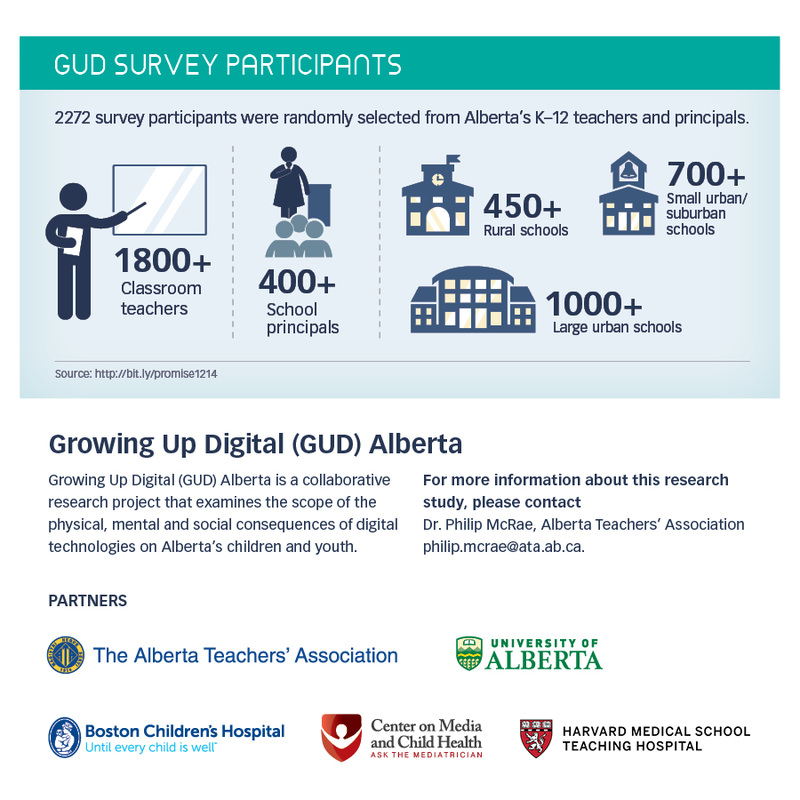
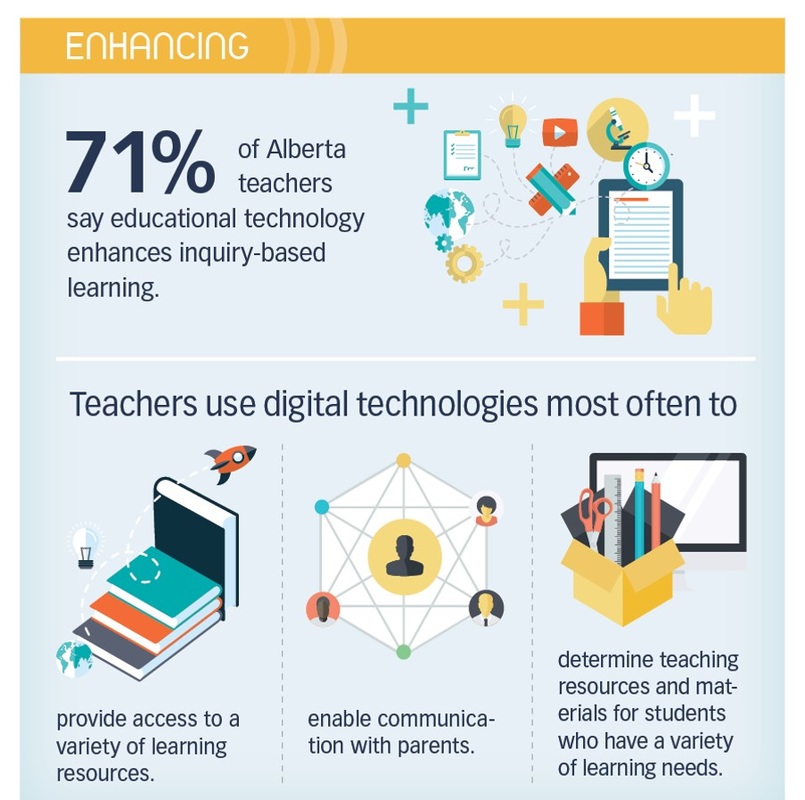
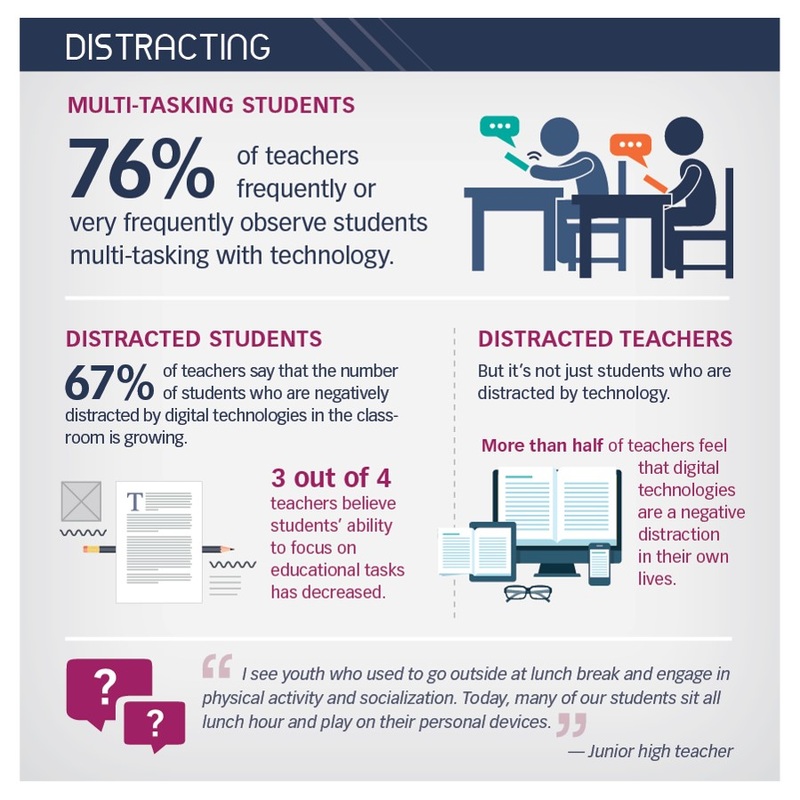
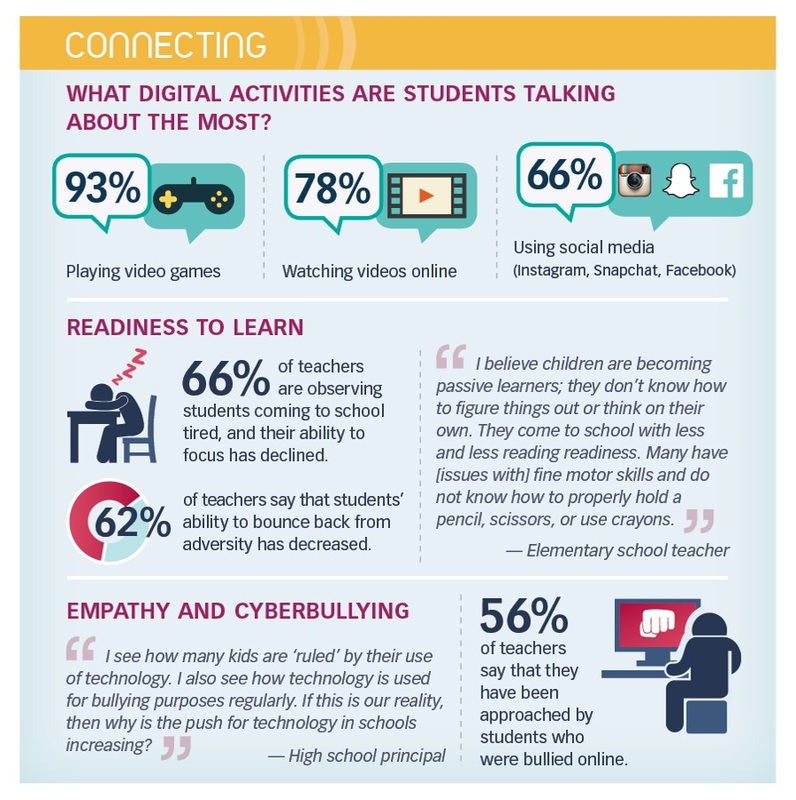
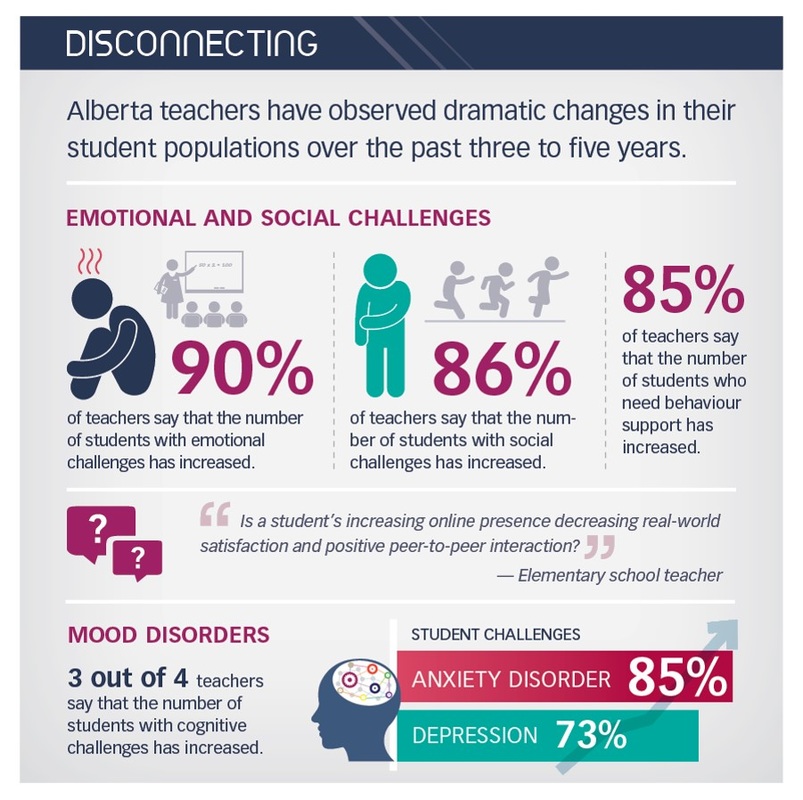





 RSS Feed
RSS Feed